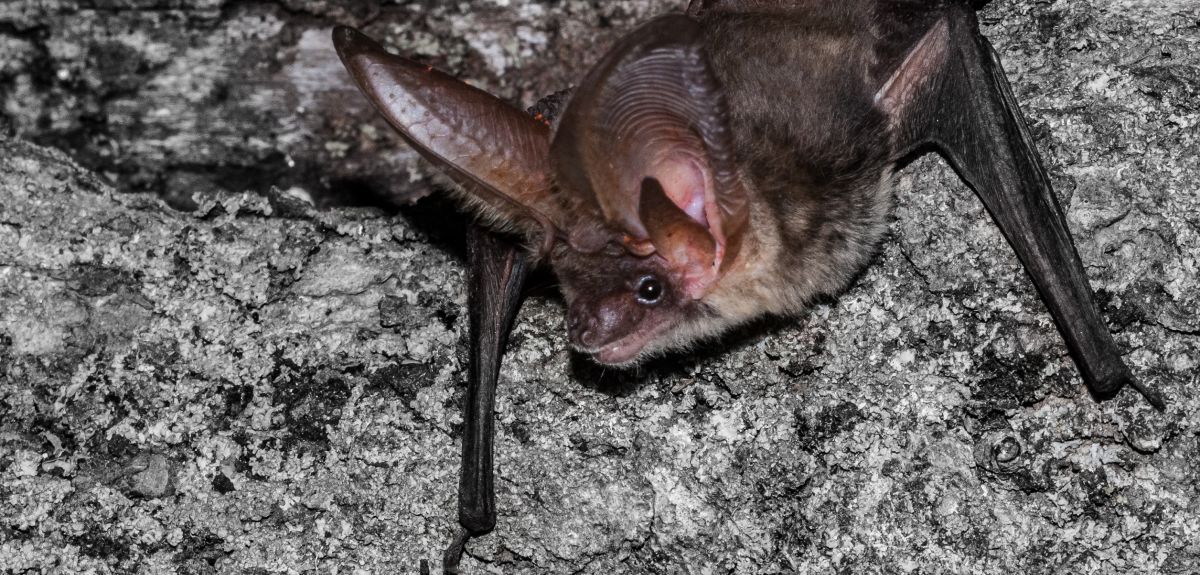
Study shows that island bats are valuable allies for farmers
The 17th April is international bat appreciation day and a new study has highlighted how these secretive mammals can be valuable allies for farmers, by feeding on important agricultural pests. The findings demonstrate that encouraging bat species can be a win-win for both conservation efforts and local farmers.
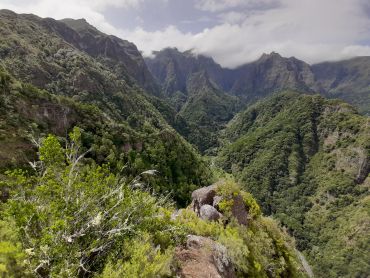 Laurel Forest, Madeira Island, Portugal. Credit: Ricardo Rocha
Laurel Forest, Madeira Island, Portugal. Credit: Ricardo Rocha
Bats account for about one-fifth of all mammal species and are particularly important in island ecosystems, which typically have far fewer mammals than mainland areas. But up to now, the specific diets of island-dwelling bat species have been poorly studied.
The new study investigated the three bat species that live on Madeira: the Madeira Pipistrelle (Pipistrellus maderensis), the Madeira Lesser Noctule (Nyctalus leisleri verrucosus), and the Grey Long-eared Bat (Plecotus austriacus). The research team captured then collected droppings from over 100 individual bats, before extracting DNA from the faeces to work out which species the bats were eating. This revealed that all three bat species had highly diverse diets – eating over 50 different species between them, including beetles, butterflies, flies, moths, and spiders. Overall, 40% (23) of the identified species were likely or confirmed agricultural or forestry pests.
Lead author of the study Angelina Gonçalves (University of Porto, Portugal) said: ‘We anticipated that all three species would primarily feed on nocturnal butterflies; however, we did not expect that over 40% of the species detected in the bats’ diet are likely or confirmed agricultural or forestry pests.’
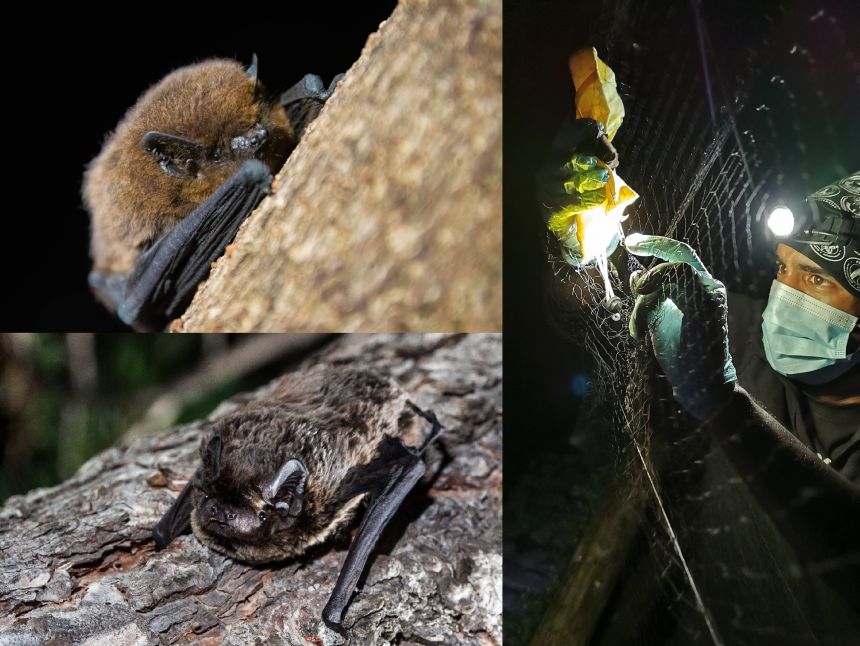 Clockwise from top left: Madeira pipistrelle (Pipistrellus maderensis) by Eva Nobrega. Ricardo Rocha conducting field work, credit: Ricardo Rocha. Lesser noctule (Nyctalus leisleri) bat by Adrià Lopez-Baucells.
Clockwise from top left: Madeira pipistrelle (Pipistrellus maderensis) by Eva Nobrega. Ricardo Rocha conducting field work, credit: Ricardo Rocha. Lesser noctule (Nyctalus leisleri) bat by Adrià Lopez-Baucells.
The pest species found to be eaten by the bats included banana moths (Opogona sacchari) - a well-known agricultural pest that, as the name indicates, impacts banana trees, an important crop for the local economy. Other pests eaten by the bats included turnip moths (one of the most damaging insects to vegetables and cereals) and the golden twin-spot moth (Chrysodeixis chalcites), which is one of the four most important pests of European greenhouse crops. In addition, the bats were also found to feed on a parasite of humans: Psychoda albipennis, which can cause urogenital myiasis, resulting in abdominal pain, diarrhoea, and burning sensations.
Bats often get a bad rap. Our study highlights their significance, revealing that while their nocturnal habits and secretive lifestyle make them elusive to many, insectivorous bats play a crucial role in the ecosystems they inhabit and, through the ecosystem services they provide, they can help humans in multiple ways.
Associate Professor Ricardo Rocha, Department of Biology, University of Oxford
Collecting the bats for the study initially proved highly challenging for the research team. The process involved using mist nets (which resemble volleyball nets) to temporarily capture individuals until their faecal samples could be collected. However, with finely tuned echolocation abilities, the bats were easily able to evade the nets. Angelina Gonçalves added: ‘Fortunately, we discovered that the bats lowered their guard when they came to drink so we changed tactics slightly and waited at strategic water points. In this way, we were then able to capture enough individuals to conduct our research.’
Agricultural expansion is one of the main causes of biodiversity decline worldwide, however some species can exploit resources in agricultural areas. As this study demonstrates, encouraging bats can be mutually beneficial for both conservation aims and supporting island agricultural communities.
Study co-author Associate Professor Ricardo Rocha (Department of Biology, University of Oxford), said: ‘An increasing number of farmers are using bat boxes to attract insectivorous bats to their fields. During our study, we experimented by placing some in the protected area where we were working, and to our excitement, some of these are now inhabited by the vulnerable Madeiran Pipistrelles. This suggests that deploying simple artificial bat roosts might lead to win-win outcomes for both conservation and local farmers.’
The paper ‘A metabarcoding assessment of the diet of the insectivorous bats of Madeira Island, Macaronesia’ has been published in Journal of Mammology.
This research was supported by the National Geographic Society and ARDITI—Madeira’s Regional Agency for the Development of Research.
 Expert Comment: Chatbot-driven sexual abuse? The Grok case is just the tip of the iceberg
Expert Comment: Chatbot-driven sexual abuse? The Grok case is just the tip of the iceberg
 New study finds that stopping weight-loss drugs is linked to faster regain than ending diet programmes
New study finds that stopping weight-loss drugs is linked to faster regain than ending diet programmes
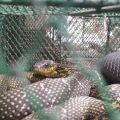 The wet market sources of Covid-19: bats and pangolins have an alibi
The wet market sources of Covid-19: bats and pangolins have an alibi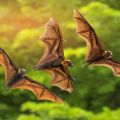 The genetic basis of bats’ superpowers revealed
The genetic basis of bats’ superpowers revealed
 Organic farms support more species
Organic farms support more species